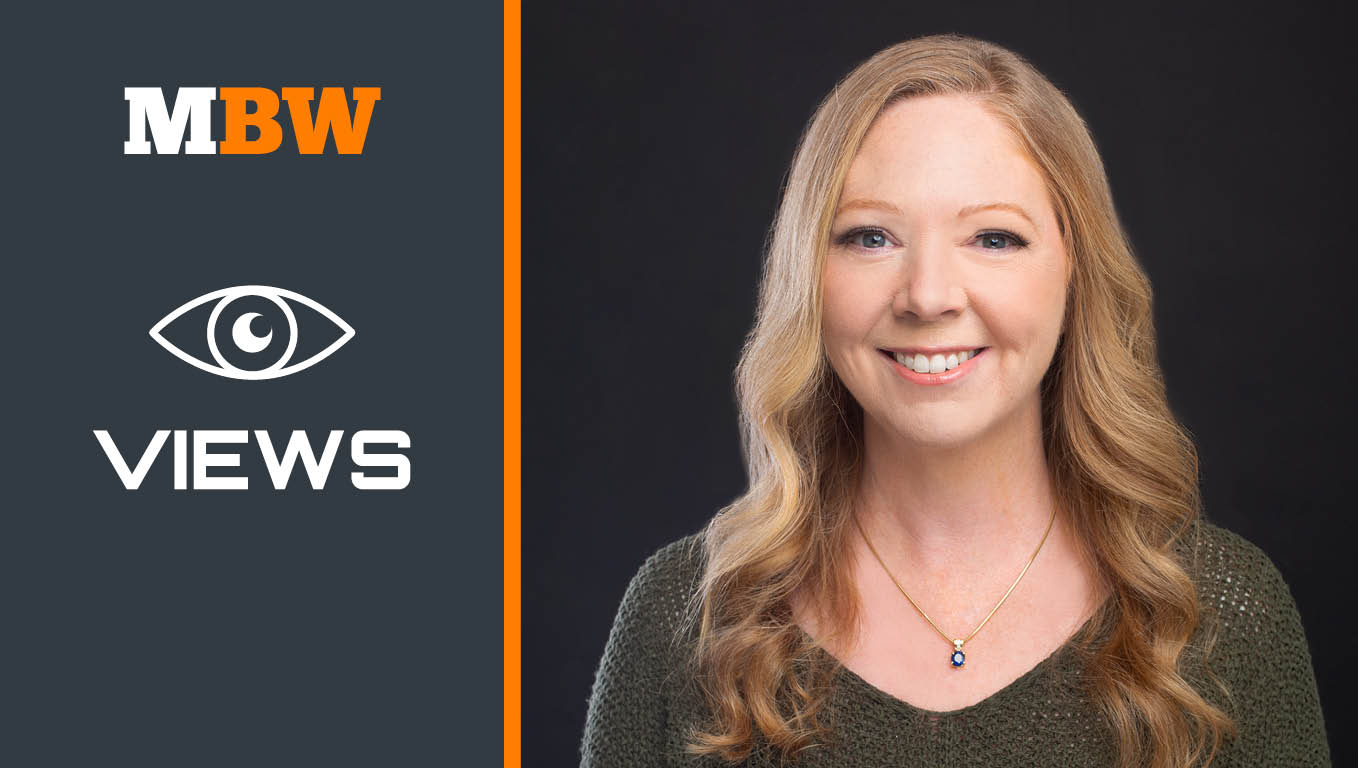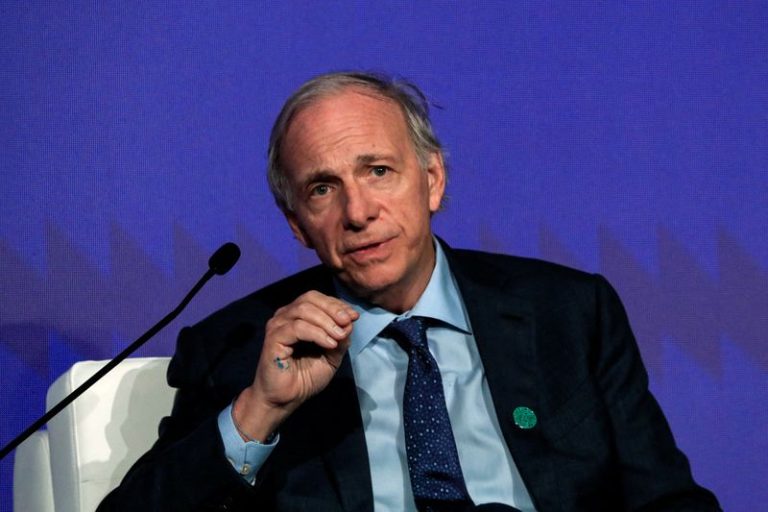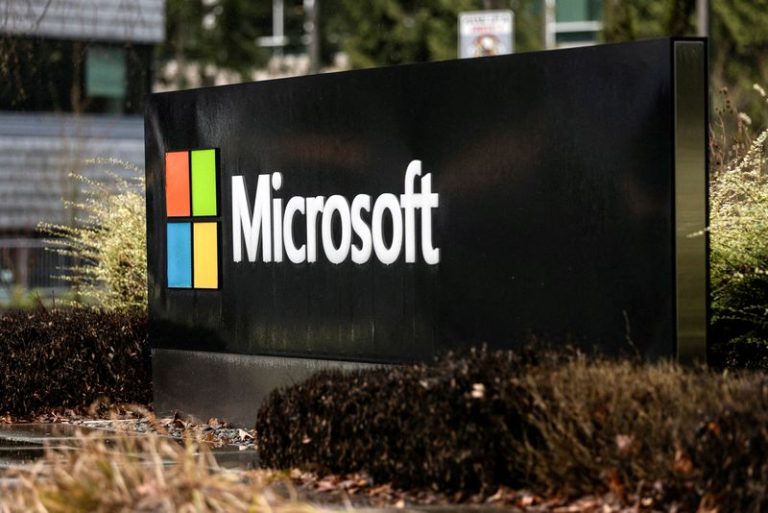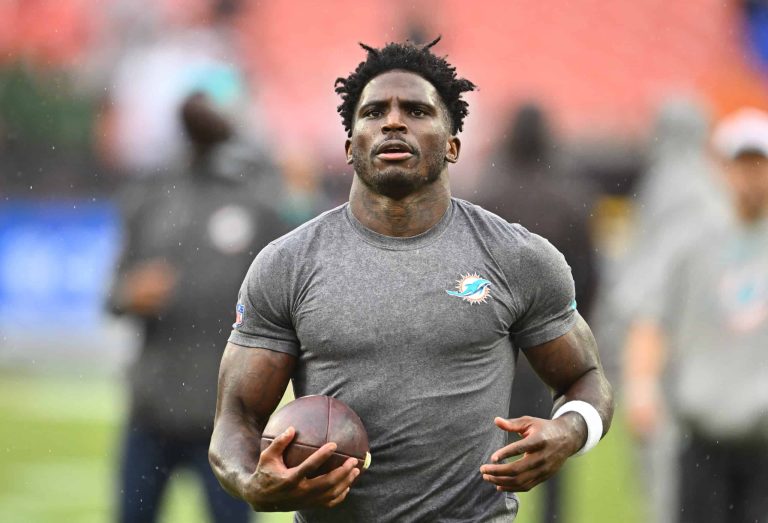MBW Views is a series of op/eds from eminent music industry people… with something to say. The following MBW op/ed comes from Dr. Portia Sabin, President of the Music Business Association.
For a long time the music industry was heavily siloed. Companies who dealt with information kept that information guarded. Even in cases where the information was the same — for example, PROs dealing with the same songwriter — companies often utilized proprietary software and systems to keep that information opaque. Over time this led to backlash, especially from artists, and a call for “transparency” that many in the industry supported.
However, in an ironic twist of fate, that call came at the exact time when the advent of streaming services caused the amount of information in the pipeline to become both overwhelming and, sadly, much less easy to handle in a transparent fashion.
These challenges could have created an environment where companies turned further inwards, but oddly it appears to have had the opposite effect. I myself have noticed a rise in incidences of collaboration and cooperation in the industry.
I have witnessed a willingness to communicate more freely about issues the industry faces, as well as a rise in companies coming on the scene with the intent to solve real problems in the industry. This, of course, means acknowledging those problems in the first place.
There are many reasons this might have occurred at this moment in history. One possible explanation is the globalization of music — songs now have the potential to become hits in multiple territories at the same time.
As a result, artists’ teams need to work together with a large number of others to achieve effective outcomes. Local and independent companies are often critical in a song’s success in a given country, and working with these companies has become a more consistent part of an album’s rollout plan.
Another reason I believe we are seeing more collaboration is that the downsides of withholding information have become more significant in the digital age. One great example of this is streaming fraud. The current DSP payout model — the “pool” or “pro-rata” system — is based on the total number of streams in a given period of time. Any manipulation of that total number of streams affects everyone in the pool. At this point, that’s affecting pretty much everyone.
And stream manipulation, or streaming fraud, is a serious, ongoing problem. The fraud detection software company Beatdapp estimates that 10% of all streams are fraudulent, which results in losses to legitimate artists of around $2 billion annually. This is indeed a problem and it has led to one of the most collaborative efforts we’ve seen in our industry.
In 2023, eleven companies came together to start what would become the Music Fights Fraud Alliance. The core idea of this Alliance is that sharing data and working together is going to make the industry stronger and more financially stable than siloing data and working alone. This is a powerful belief. In furtherance of this, the Alliance has created a shared database of identified fraud markers across multiple platforms that is actively helping member companies increase their effectiveness in fighting fraud.
Last month the Alliance hired an Executive Director and became an official not-for-profit entity. It is heartening to see this kind of commitment to collaboration on a large scale in the industry. There’s always more that can be done, but this type of effort shows we have the capacity to do it when we have the willingness to work together.
“One of the biggest challenges our industry now faces is keeping track of rights ownership and metadata.”
One of the biggest challenges our industry now faces is keeping track of rights ownership and metadata. It has always been true that artists and other rights holders are missing out on royalties when their metadata is incorrect or doesn’t show their ownership. Once upon a time when people were paid on physical sales, this was more easily corrected. In the streaming era, there are hundreds or even thousands of places where royalties might be coming from. This can add up quickly to the loss of a lot of money.
It is also heartening to me to see new companies springing up that attempt to resolve these real issues. Dallas-based company Switchchord is one of these, offering an “identity-based legal workflow” solution “to accurately document song ownership and metadata.” In this case, taking contracts — aspects of the industry that have always existed — and utilizing them in a new way to solve an ongoing problem for every rights holder.
Beatdapp, Switchchord, the Music Fights Fraud Alliance, representatives from virtually every major label & independent distributor, the DSPs and social media platforms will all gather this May in Atlanta at Music Biz 2025 to discuss these issues and more. Conferences like the one we organize and so many others are hugely important to moving these tough issues forward through dialog and collaboration.
Collaboration and cooperation between companies involves both acknowledging problems and working together to solve them. I feel like we’re seeing a lot of both of these things happen in the music industry right now, and it’s a good feeling. We still have work to do and we will as long as the industry continues to innovate. Through this innovation, myself and the Music Business Association will continue to create the forums where conversations lead to actions and where communication, cooperation and collaboration flourish.Music Business Worldwide






